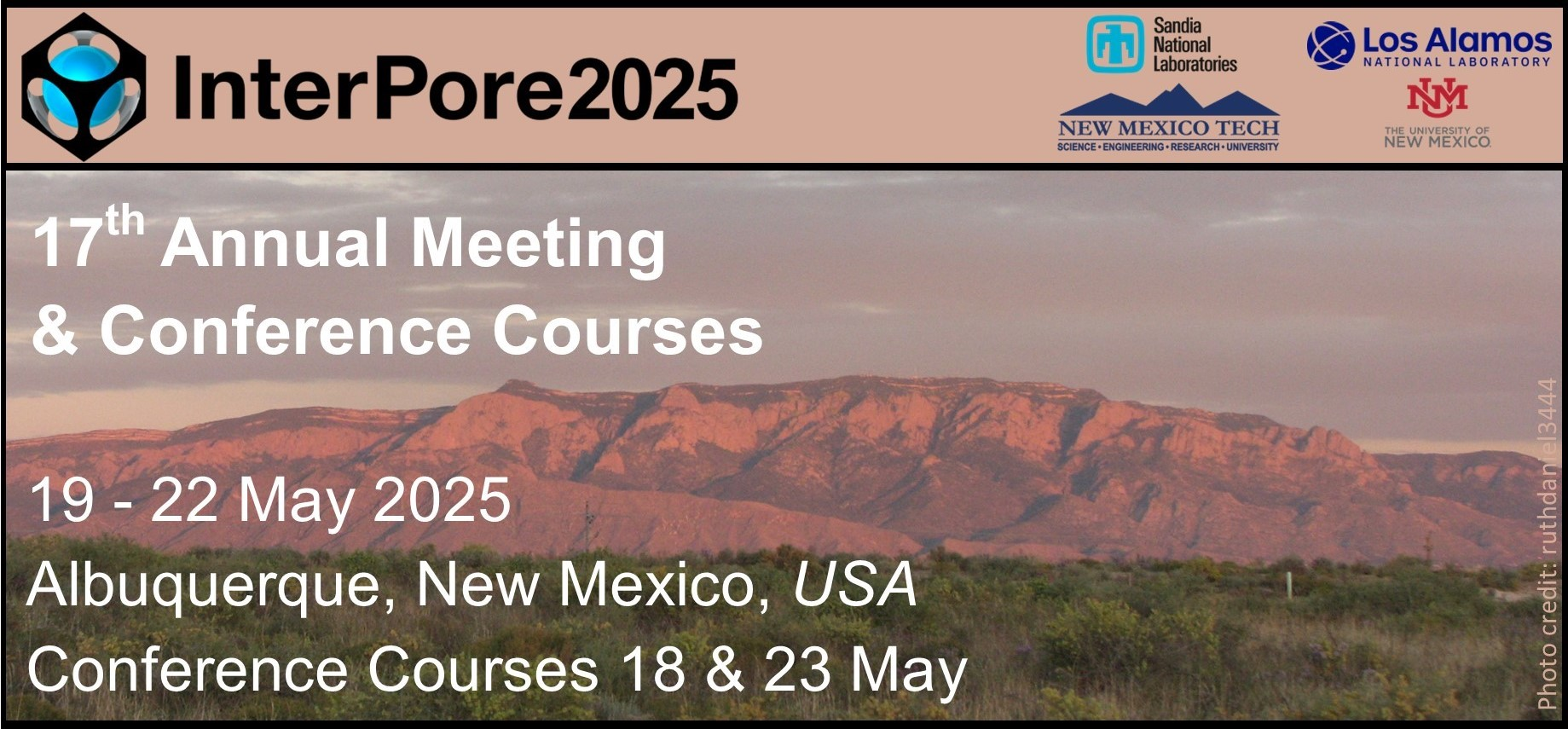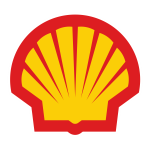Speaker
Description
This study focuses on the prediction of incremental oil recovery under polymer-based chemical Enhanced Oil Recovery (EOR) schemes using a novel time-series-based modeling workflow, thus eliminating the need for extensive reservoir characterization and complex simulations. The core objective is to improve the forecast accuracy and optimize the implementation of polymer flooding techniques for mature reservoirs.
Core flood experiments were conducted on core samples to replicate the chemical EOR process in the laboratory. The experiment involved initial waterflooding followed by polymer injection, with detailed monitoring of oil recovery over time. The collected data was pre-processed and transformed into a stationary time series. AutoRegressive Integrated Moving Average (ARIMA) algorithm was utilized to develop models for predicting oil recovery. Model refinement (hyperparameter tuning) was performed to determine the autoregressive and moving-average coefficients using Akaike Information Criterion. Metrics such as root mean square error and mean absolute percentage error were used to determine the model’s performance and its reliability in forecasting oil recovery trends.
The core flood experiments demonstrate that injection of polymer enhances cumulative oil recovery beyond waterflooding through a combined mechanism of mobility control, disproportionate permeability reduction, and the viscoelastic nature of the polymers. ARIMA (3,1,2) model provided accurate short-term predictions of oil recovery under waterflooding, while ARIMA (2,0,8) model was optimal for polymer flooding data. The machine learning approach eliminates the necessity for complex geological modeling, providing a rapid and reliable forecasting tool. Validation results indicate high forecast accuracy of 98.3% on training data and 91% on test data under polymer EOR.
This research presents a methodology that utilizes time-series machine learning (TSML) to forecast ultimate hydrocarbon recovery under chemical EOR schemes, thus successfully addressing the shortcomings of conventional reservoir simulators and improving decision-making processes in EOR planning. The results demonstrate the potential of integrating data-driven models into petroleum engineering workflows, paving the way for improved oil recovery optimization in mature reservoirs.
| Country | India |
|---|---|
| Water & Porous Media Focused Abstracts | This abstract is related to Water |
| Student Awards | I would like to submit this presentation into both awards |
| Acceptance of the Terms & Conditions | Click here to agree |






